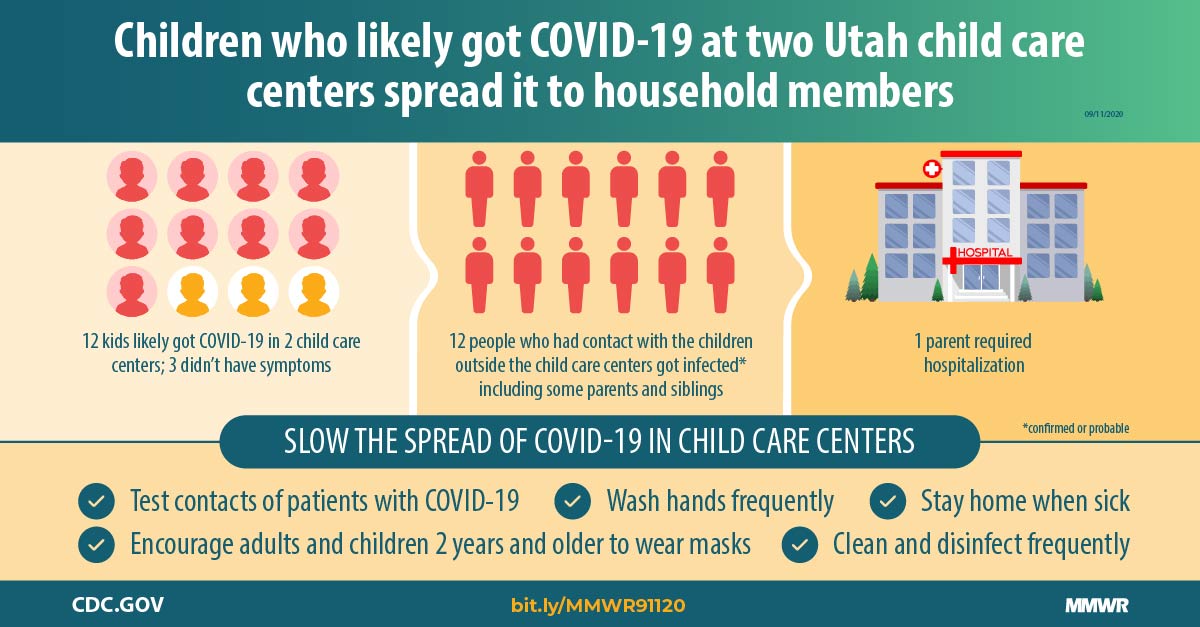
On April 1, a World Health Organization press conference speaker, Dr. She said this is unusual for a virus and that testing can still detect the virus in patients without symptoms. This suggests that transmission is possible equally from both asymptomatic patients and noticeably sick patients.” This means that, whether people have symptoms or not, they carry the same amount of virus inside them. A study conducted in Singapore showed that patients with COVID-19 were able to spread the disease without showing symptoms themselves.” Gigi Gronvall, an immunologist and senior scholar at the Johns Hopkins Center for Health Security and an associate professor at the Johns Hopkins Bloomberg School of Public Health, told the university’s Hub publication that a “growing body of results shows that people who are asymptomatic appear to have the same viral load as symptomatic cases.

John Hopkins University reported on May 12 that the lab study in Iceland “suggests that as many as 50% of people who have the disease show no symptoms. The researchers note that one study of a Washington State nursing home found that “more than half the residents of this skilled nursing facility (27 of 48) who had positive tests were asymptomatic at testing.” The authors noted that “live coronavirus clearly sheds at high concentrations from the nasal cavity even before symptom development.” According to this article, “Traditional infection-control and public health strategies rely heavily on early detection of disease to contain spread.” The article says that COVID-19 differs from other viruses in the past because of the “high level of SARS-CoV-2 shedding in the upper respiratory tract, even among presymptomatic patients, which distinguishes it from SARS-CoV-1, where replication occurs mainly in the lower respiratory tract.” The article Asymptomatic Transmission, the Achilles’ Heel of Current Strategies to Control Covid-19 ran in the New England Journal of Medicine on April 24, 2020. GettyThis photo from the Centers for Disease Control and Prevention (CDC) shows a microscopic view of the Coronavirus at the CDC in Atlanta, Georgia.Ī growing body of research has found that people without symptoms are infectious.

Studies Show That People Without Symptoms Have Spread COVID-19 & Some of Them Later Develop Symptoms Themselves This helps explain how rapidly this virus continues to spread across the country because we have asymptomatic transmitters.” Robert Redfield, told a National Public Radio affiliate: “Of those of us that get symptomatic, it appears that we’re shedding significant virus in our oropharyngeal compartment, probably up to 48 hours before we show symptoms. In April, the Centers for Disease Control and Prevention (CDC) director, Dr. In addition, some people go on to develop symptoms but remain infectious in the days before they do. An Icelandic study found that 50% of the infected were asymptomatic.
#CAN YOU TRANSMIT COVID WITHOUT SYMPTOMS DRIVERS#
“They’re going to be the drivers of spread in the community.”Īsymptomatic carriers can represent a large percentage of the population, some studies have found. William Schaffner, a professor at Vanderbilt University School of Medicine and longtime adviser to the CDC, told CNN. “Asymptomatic and mildly symptomatic transmission are a major factor in transmission for Covid-19,” Dr. These droplets can land in the mouths or noses of people who are nearby or possibly be inhaled into the lungs.ĬOVID-19 may be spread by people who are not showing symptoms.Īs far back as March 19, it was becoming clear that asymptomatic carriers were spreading the virus more than was previously thought. Through respiratory droplets produced when an infected person coughs, sneezes, or talks.


The virus is thought to spread mainly from person-to-person.īetween people who are in close contact with one another (within about 6 feet). We are still learning about how the virus spreads and the severity of illness it causes.” Some people without symptoms may be able to spread the virus. However, experts and research studies have repeatedly found that people who are asymptomatic can spread the infection if they have it.Īccording to the Centers for Disease Control and Prevention, “COVID-19 is thought to spread mainly through close contact from person-to-person. However, can people spread COVID-19 if they don’t have symptoms? There’s still a lot we don’t know about coronavirus, and research is still coming in. It also has broader societal implications as some states end stay-at-home orders. This finding has important policy implications for places like nursing homes, where symptom-less but positive staff might interact with the vulnerable. Research studies say yes.Ī growing body of research is finding that some people test positive for COVID-19 but are asymptomatic. Can you spread coronavirus if you don't have symptoms.


 0 kommentar(er)
0 kommentar(er)
